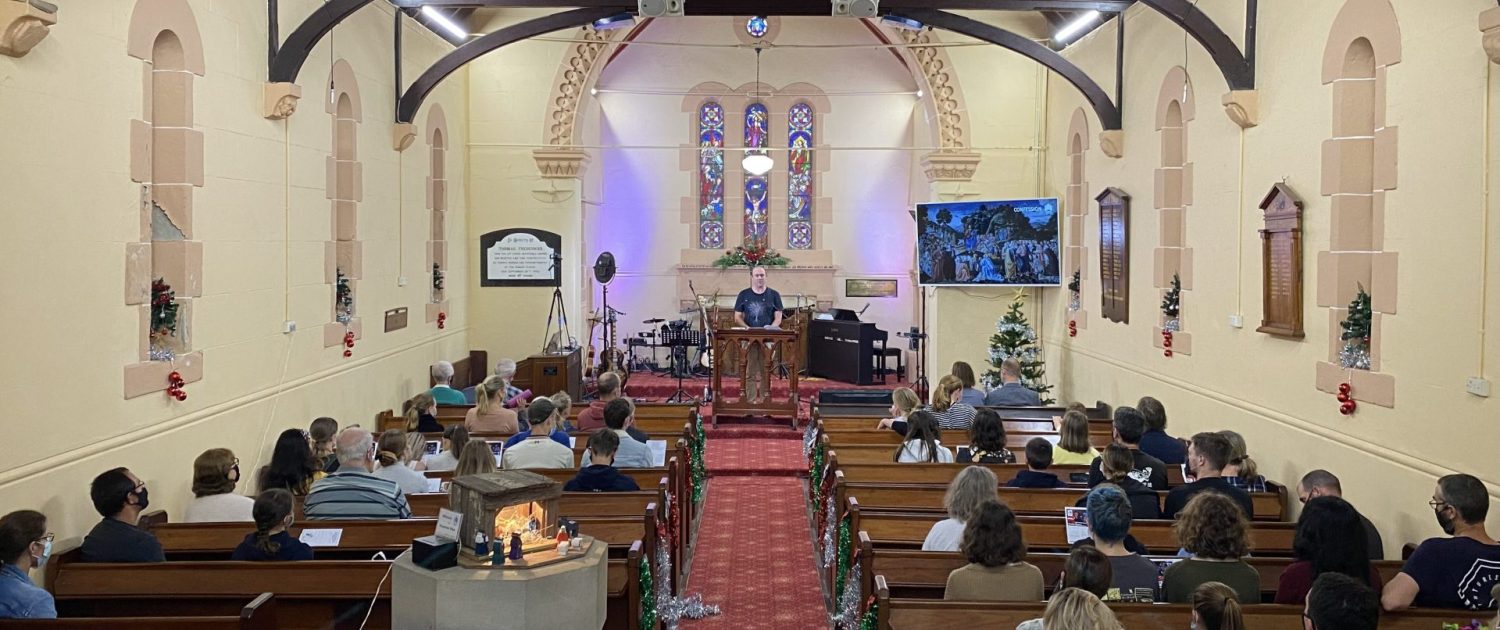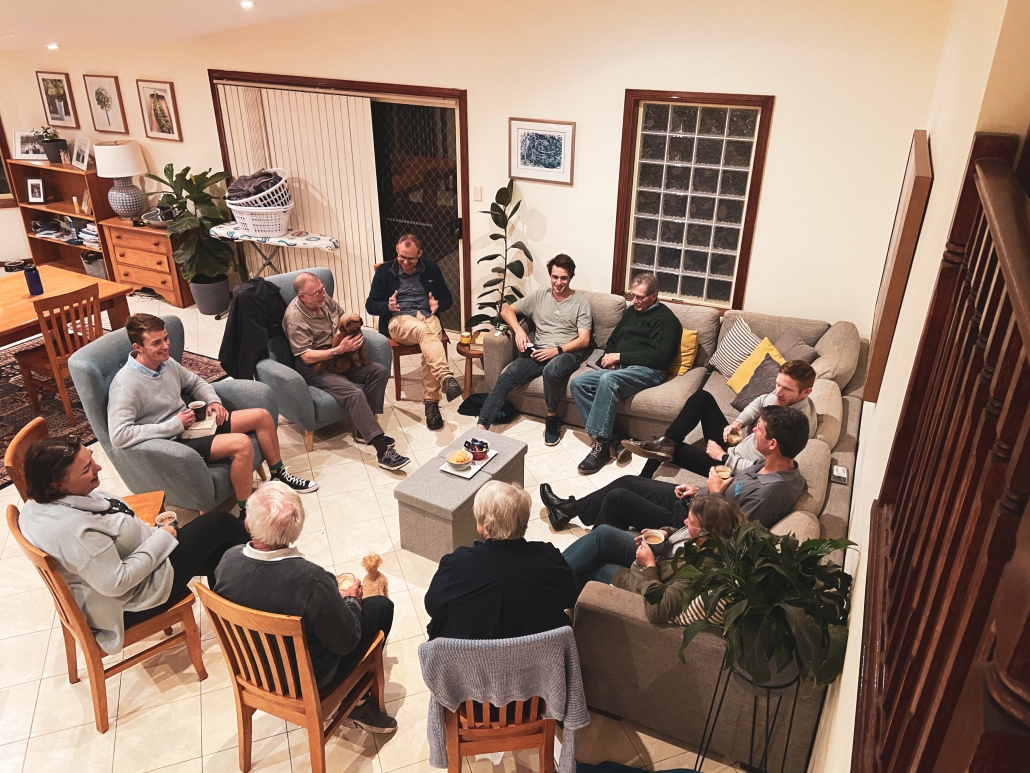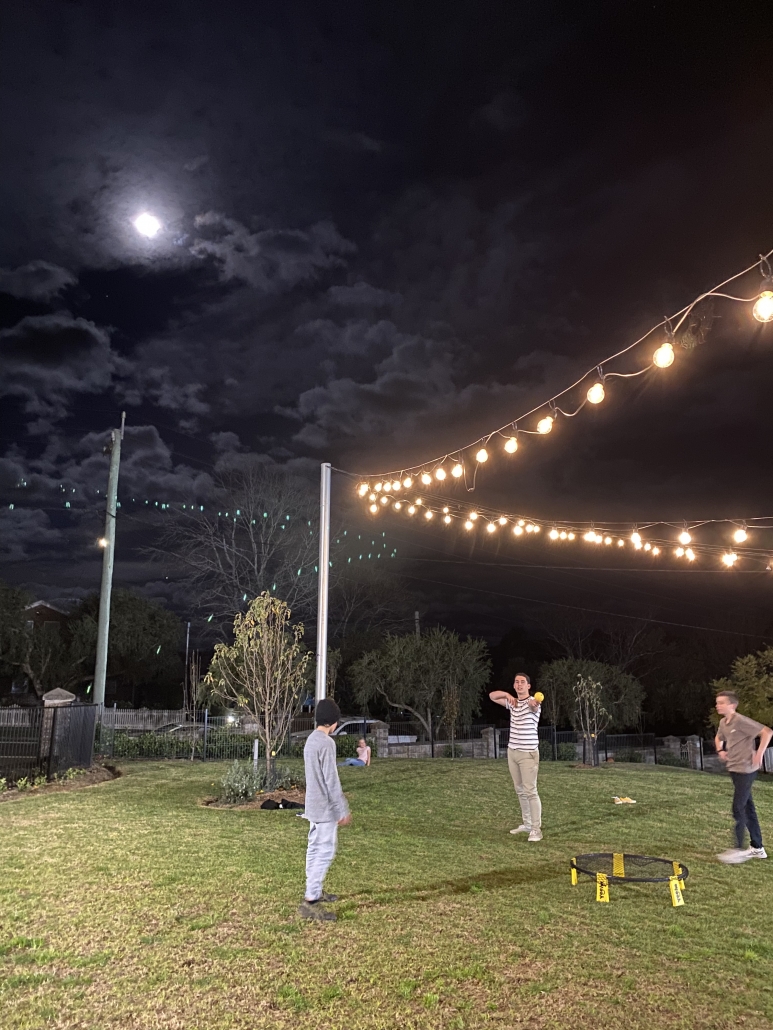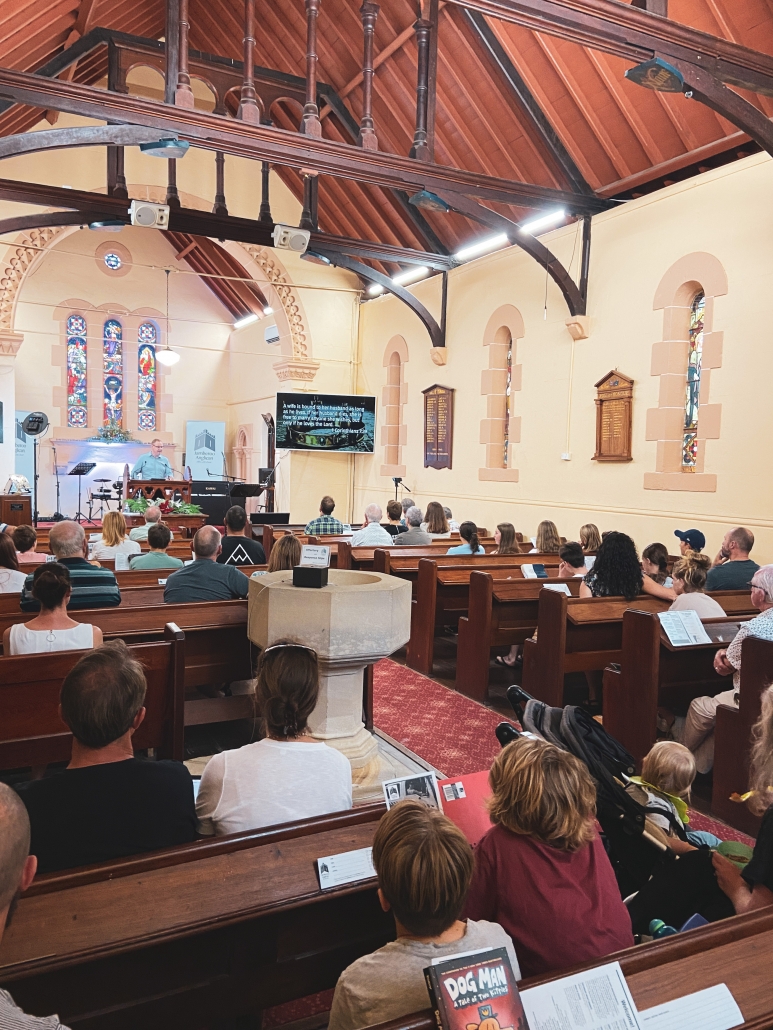Jamberoo Anglican Church
Achieving Our Vision – 2026

Over the last couple of weeks, I’ve had the opportunity and privilege to meet with our small groups and discuss our vision and the budget implications for 2026 with members. It’s been very encouraging and informative. Thanks for your reflections and discussion. I’m confident, under God, that we will achieve our 2026 budget and thereby continue to work out our vision to see every person in our village, valley, region and beyond know how to follow Jesus and why it matters.
I was also challenged about achieving our vision on another level last week. A local resident saw me walking and pulled over, winding down their passenger window. He’d spotted me as the new “Vicar” in town and wanted to introduce himself. We chatted for a minute or two. As he was about to pull off, he said, “Yeah, I don’t go to your mob when I go, but we’re all under the same tent anyway, aren’t we?” I wished I’d had a succinct and helpful response that might have pointed him winsomely to Jesus. I didn’t. I’ve been workshopping some responses in my mind this week – none that great, but some that would have been helpful. What would you have said? How ready are you to take hold of the everyday opportunity that God may present to help every person in our village, valley, region and beyond know how to follow Jesus and why it matters?
In Grace and Truth,
Ron
Serving at carols
Churchill Carols are under one month away!
This event is a special moment for our church family as we come together and invite others to celebrate the good news of Jesus this Christmas. And we would love your help to make Churchill Carols happen.
Here are the two ways you can support it:
1) Pray
Please pray that:
– it will be an encouraging and joyful occasion as we celebrate Jesus birth together
– we will connect with new people in our village, valley, region and beyond.
2) Serve
There are so many ways to be involved in serving at Churchill Carols.
If you cannot serve on the night because you are bringing along family or friends that is great! However, if you can serve on the night or in the days leading up to the night, that is great too.If you can serve, please fill out the Churchill Carols Serve Form sent in a recent email, or by using the QR code here to let us know how.











